Facebook CEO Mark Zuckerberg declared openly that he won’t be investing money to help state and local officials to regulate the 2022 elections or any other election. He took this decision after facing criticism that the approximately $400 million he injected into the presidential contest unfairly supported Democratic turnout in the election year 2020.
An agent for Mr Zuckerberg and his wife, Priscilla Chan, ensured that the couple will not provide funding that would be distributed to help operate election departments this year or any other year.
“They are not donating for something like this, ever again,” said Brian Baker, a spokesman for Zuckerberg and Chan.
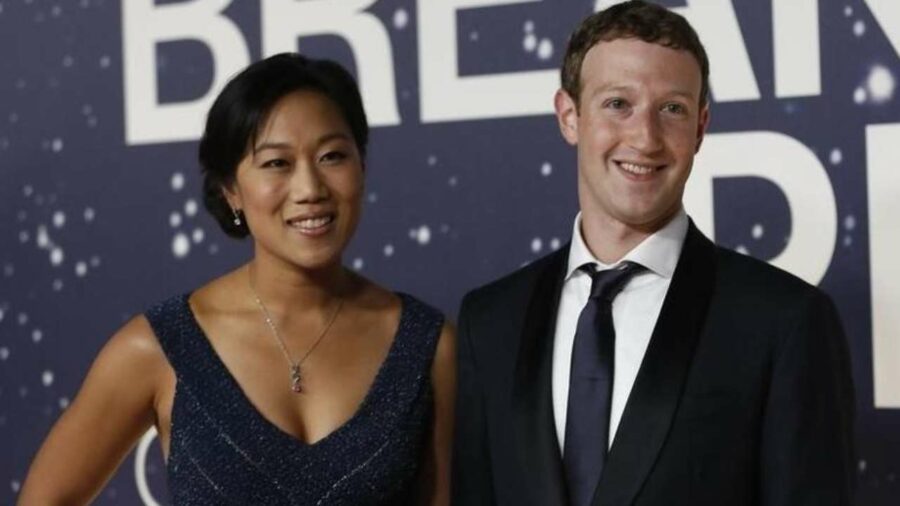
Republican legislators, conservative-leaning news portals and watchdog groups say that Mr Zuckerberg’s massive donation in 2020 was used improperly to bring out Democratic voters, particularly in the battleground states of following states like Pennsylvania, Wisconsin, Arizona and Michigan.
The Caesar Rodney Institute for American Election Research found that only two of the most profitable 50 donations went to Republican-leaning jurisdictions.
“They were virtually all given to very heavily blue municipalities,” Bill Doyle, an economist and principal researcher at the institute, told The Times.
Donations of Zuckerberg and Chain succeeded on 1st September 2020 but Mr Baker said that the Center for Technology and Civic Life distributed nearly $25 million over several previous months to important swing districts. The source of the funding continues to be anonymous. It did not come from Zuckerberg and his wife.
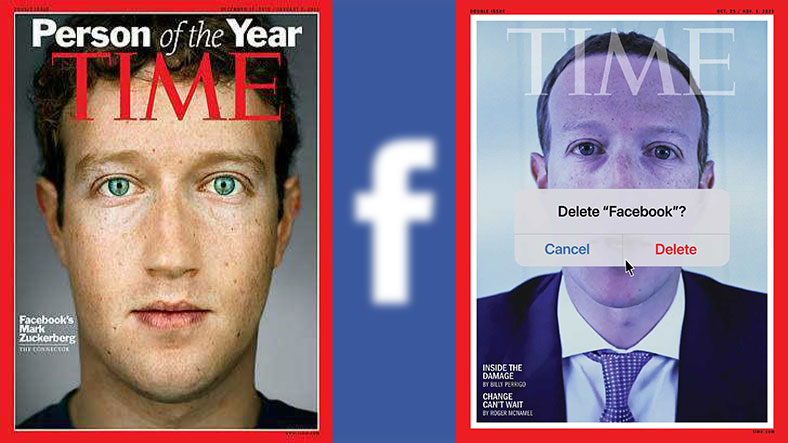
Mr Zuckerberg declared openly to the group that administered the donations that he was moving on to new actions and won’t concentrate on funding election infrastructure in states and territories anymore.
According to the Associated Press CTCL, Executive Director Tiana Epps-Johnson announced at the TED2022 conference that the Center for Technology and Civic Life, which received $328 million from Mr Zuckerberg and Ms Chan in 2020, is commencing a different program aimed at creating a network for the thousands of local election officials of the nation.
The investment, Mrs Epps-Johnson declared on Twitter, is called the U.S. Alliance for Election Excellence. It will operate with a budget of $80 million over five years to create a network for the nation’s thousands of local election officials, who can apply for aid to improve their technology and processes. It is neutral, and any election office can apply.
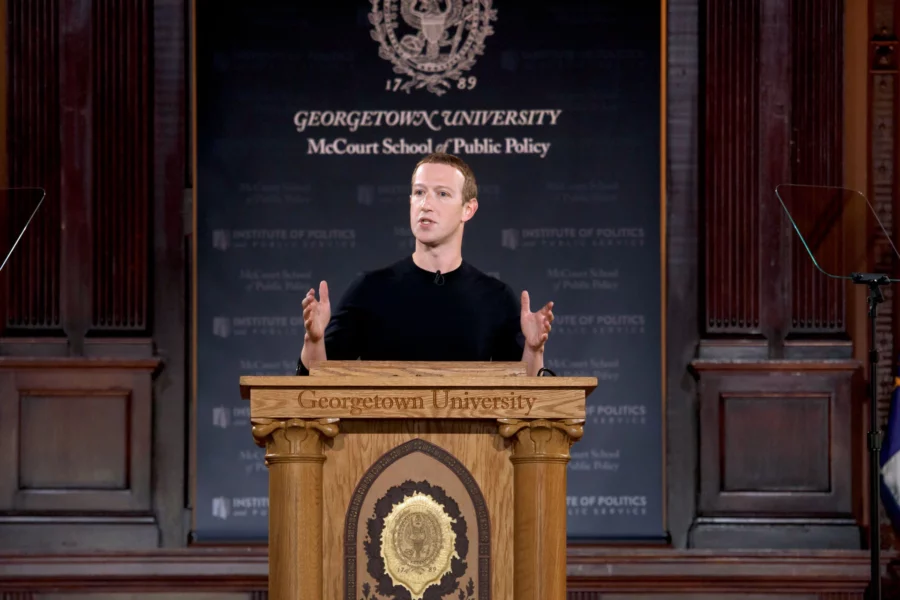
“Unfortunately, years of underinvestment means many local election departments often have limited capacity and training,” Ms Epps-Johnson said at the conference. “The U.S. Alliance for Election Excellence is bringing together world-class partners so that local election officials no longer have to go it alone.”
The CTCL governed as a small nonprofit till 2020 when it was suddenly invested with $350 million in donations. $328 million came from Mr Zuckerberg and Ms Chan, among the funding who illustrated “the remarkable challenges COVID-19 will have on voting across this country” as the reason for their gift.
“Many counties and states are strapped financially and working to determine how to staff and fund operations that will allow for ballots to be cast and counted in a timely way,” the couple said in a Sept. 1, 2020, statement announcing the first of two donations they provided to CTCL.
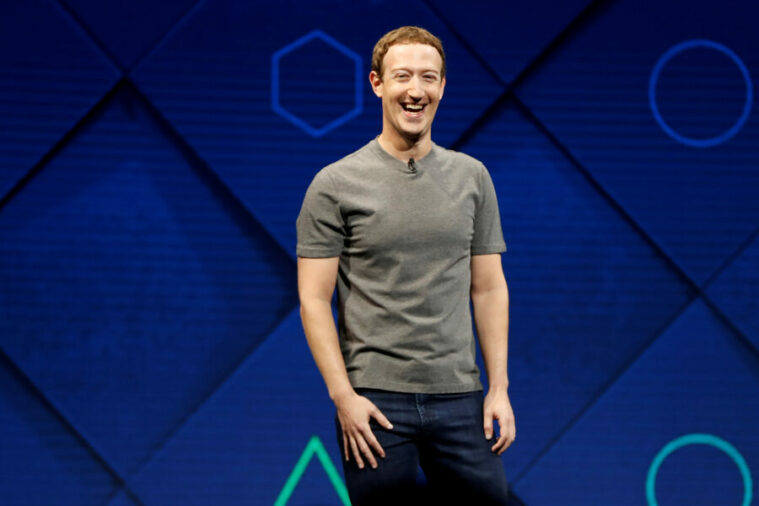
The CTCL supervises as a tax-exempt and impartial institution. Yet, it is staffed by former Democratic investigators who distributed the money with the help of other nonprofits in the form of payments to election departments throughout the country.
Any city or county that applied was capable of allocation, but blue-leaning areas occurred to win most of the money. Those jurisdictions used crucial amounts of funding for get-out-the-vote efforts and to encourage mail-in and early voting. Little was consumed on COVID-19 protection criteria.
The Capital Research Center, which is a conservative-leaning watchdog faction, is evaluating private election spending in 2020. It examined the $45 million in private grant money CTCL provided to Georgia and found that 94% of the money was funnelled to 17 election departments in counties won by Joseph R. Biden.
Mr Biden eventually won the traditionally red state by fewer than 12,000 votes
Significant backlash in swing and Republican-led states has been generated by the CTCL election commission. Several states have enacted laws curbing or banning private funding of elections.
Mississippi enlisted on the list last week. Gov. Tate Reeves signed a bill that bans state and local election officials in his state from receiving private money for accomplishing elections.
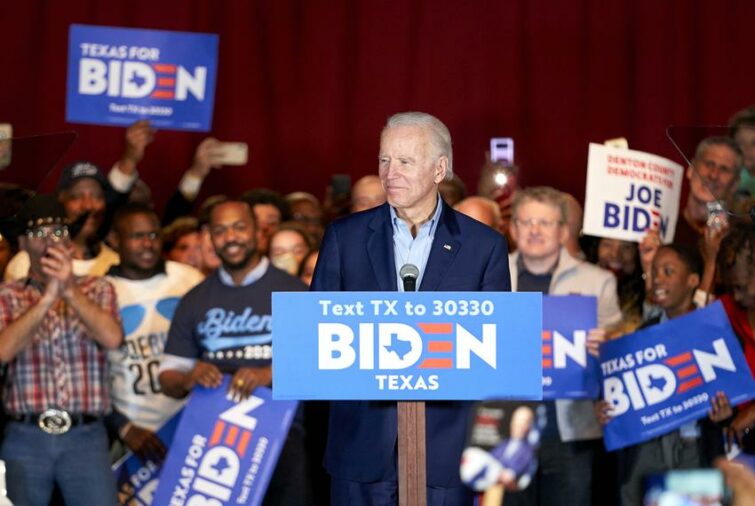
“Mississippi’s elections will not be controlled by 20- and 30-somethings in Silicon Valley cubicles trying to push their woke ideology,” Mr Reeves said in a statement. “That’s why I signed this law to stop Big Tech from using their cash to influence our elections.”
Mr Baker said Mr Zuckerberg and Ms Chan publicly divulged their donation and played no role in the spending of the money. Critics nicknamed the election money including the fund allocated before 1st September was nicknamed “Zuckerbucks” and “Zuck Bucks”
About The Centre for Election Innovation and Research
The Center for Election Innovation and Research, another non-profit organization that allocated funds, primarily to state election officials, got an additional donation of $69.5 million in the run-up to the election held in the year 2020 by Mr Zuckerberg and Ms Chan.
As the CTCL, the CEIR is run by a former Democratic investigator. The founder and executive director, David Becker, is a former Justice Department lawyer. He charged red states to block voter identification laws and partisan deception on behalf of the left-leaning People for the American Way.
Former President of United States opposes funding
Former President Donald Trump said he opposes private funding of elections and also claims that the 2020 contest was outfitted in favour of Mr Biden.
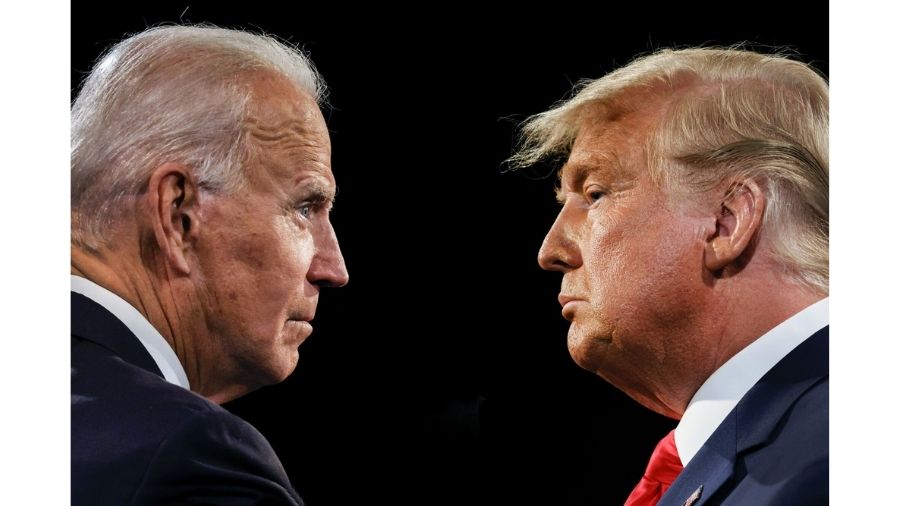
“It shouldn’t be allowed,” Mr Trump said in an interview with Breitbart.





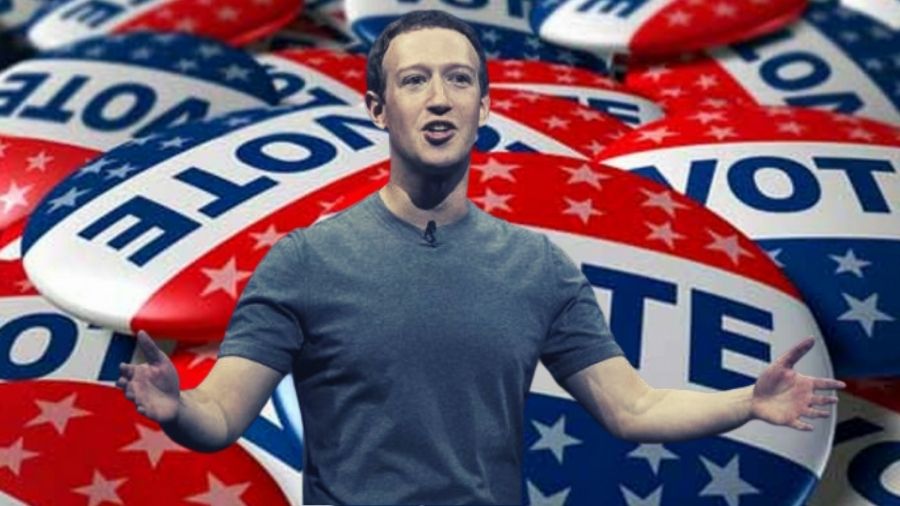

Add Comment